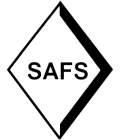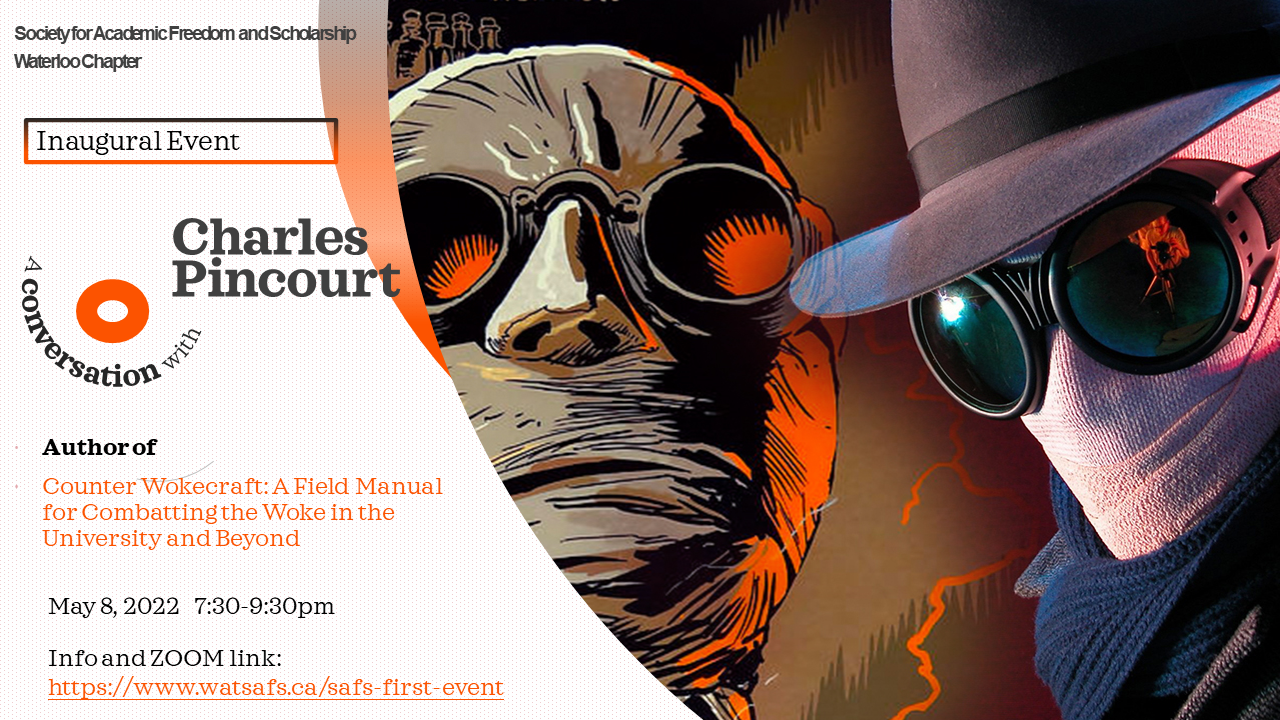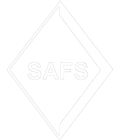AI and Equity: a perfect storm for undergraduate education
Artificial Intelligence and Equity: a perfect storm for undergraduate education
Universities are panicking. Some months after their most entrepreneurial undergraduates, professors are beginning to experiment with the open-source AI tool Chat GBT (https://openai.com/blog/chatgpt/) To their horror, they are finding that the system can generate good and even excellent, well referenced answers to essay questions, on seemingly any topic, in just a few seconds.
A few decades ago, this this wouldn’t have been a problem. When I took my finals, we were faced with nine exams in over just 14 days. It felt like sudden death. This is because ‘finals’ were final exams – taken in formal and highly regulated conditions, without books, let alone computers. Examinees no longer wore gowns, but we were under no illusions about what was at stake. Our performance over that last two weeks of our college career was measured by a tripos ranking that divided the cohort into five unforgiving categories: 1st Class; 2nd Class (i); 2nd Class (ii); 3rd Class; Unclassified.
Needless to say, things are now a little different. Over the last 20 years, higher education has seen:
- An inexorable slide towards continual assessment: This was mostly driven by the perception that traditional exams were a barrier to access and participation. In some ways they were. But in fact, rigorous examinations have also often provided a meritocratic avenue for advancement for students from poorer backgrounds. In the UK this was true of the 11+ exam for grammar schools abandoned in favour of comprehensive schools; It is still true in the Indian civil service that sticks to the old model long after the colonial power has all but abandoned entrance exams.
- Significant grade inflation: As an undergraduate social scientist in the 1980s, I was marked effectively between 0 and 90. When I started teaching in the late 1990s, we marked effectively between 40 and 80. Over the last fifteen years at Waterloo, the range seems to be, for the most part, between 75/80 and 95. There has certainly been an enormous narrowing in the range of marks, which are concentrated overwhelmingly in the upper quartile.
- A massive expansion of accessibility services – and a culture of systematic and proactive remedial intervention to ‘level the playfield’. Clearly well intended, the system that has developed is certainly, in some ways, more humane. When I took my finals, I could break my leg or lose my mother on the day of the exam, and there would be no alternative but to re-sit the following year. It was pretty harsh – and sometimes even cruel. However, the accessibility system is now a bureaucratic industry (rather like ‘research ethics’) with dedicated (and sometimes officious) professionals, training regimes and budget streams. And the scope of intervention seems to widen every year. As things stand, so many students are accessing special accommodations, that the additional administrative overhead attached to different forms of assessment (particularly exams) means that this factor is now having a global influence on how we assess students – a case of the tail wagging the dog. To be clear, it is not that there are not goods associated with the drive for accessibility – but that there has been no rigorous assessment of either the opportunity costs, trade-offs and unintended consequences of this regime.
Taken together the university system seems to be moving from a differentiating/ranking examination& assessment system, to a regime of certification (‘we certify that X did the course’).
OK back to the problem of AI and cheating (are we allowed to call it cheating?). These three factors – grade inflation, accessibility norms and continual assessment – now combine with an enormous institutional push for ‘equal outcomes’ all under the umbrella of Diversity Equity and Inclusion (DEI). And this configuration makes it almost impossible to respond to the challenge of AI in the most obvious way – which would be to reintroduce tough, meritocratic in-person exams, across the board.
Competition between universities for students, as well as the entrenchment of EDI benchmarks that focus on equal outcomes, makes it unlikely that the university would countenance any return to a system of final exams, not least because such a move would greatly increase the spread of marks and differentiation within the intra-cohort ranking. Such an outcome would fly in the face of now taken for granted shibboleths of equity (even though it is far from clear that the emerging certification system of HE actually helps groups marginalized by class, social capital, race or culture or any other factor). But in addition, the administrative load associated with the expansion of the consumer/equity-driven standards of accessibility (a transformation which may or may not be perfectly justifiable in itself), creates a formidable barrier to any shift back from continual assessment to exams. It is simply much easier to set an essay. And essays can now be generated within seconds, on demand, by ‘the machine’.
In complex systems jargon, I think this regime represents a moment of hysteresis. I can’t see how the leviathan structure of large public universities can or will do anything else but plough forward. On the other hand, universities are clearly beginning to fail in one of their central economic functions which is not only to train students but also to differentiate them for the labour market. As the basic degree and even Master qualifications become less useful to employers, in what was their fundamental functional gatekeeping/winnowing role, employers will covertly introduce their own tests and selective barriers to entry. And perhaps, there will be pressure for more additional certification through the bloated university system.
Finally, this crisis may well spur innovation and growth. Against the background of declining student numbers in mainstream institutions, the notable uptick in undergraduate recruitment in small conservative liberal arts colleges in the United States (as well as institutions such as Redeemer University and Our Lady Seat of Wisdom College in Ontario) perhaps points to market opportunities for nimble, HE start-ups that are willing to combined rigorous teaching and learning with equally rigorous and unsentimental examination and ranking. One of the first to recognize such opportunities has been Jordan Peterson, who’s Peterson Academy (https://petersonacademy.com) is likely to be the first of many.











